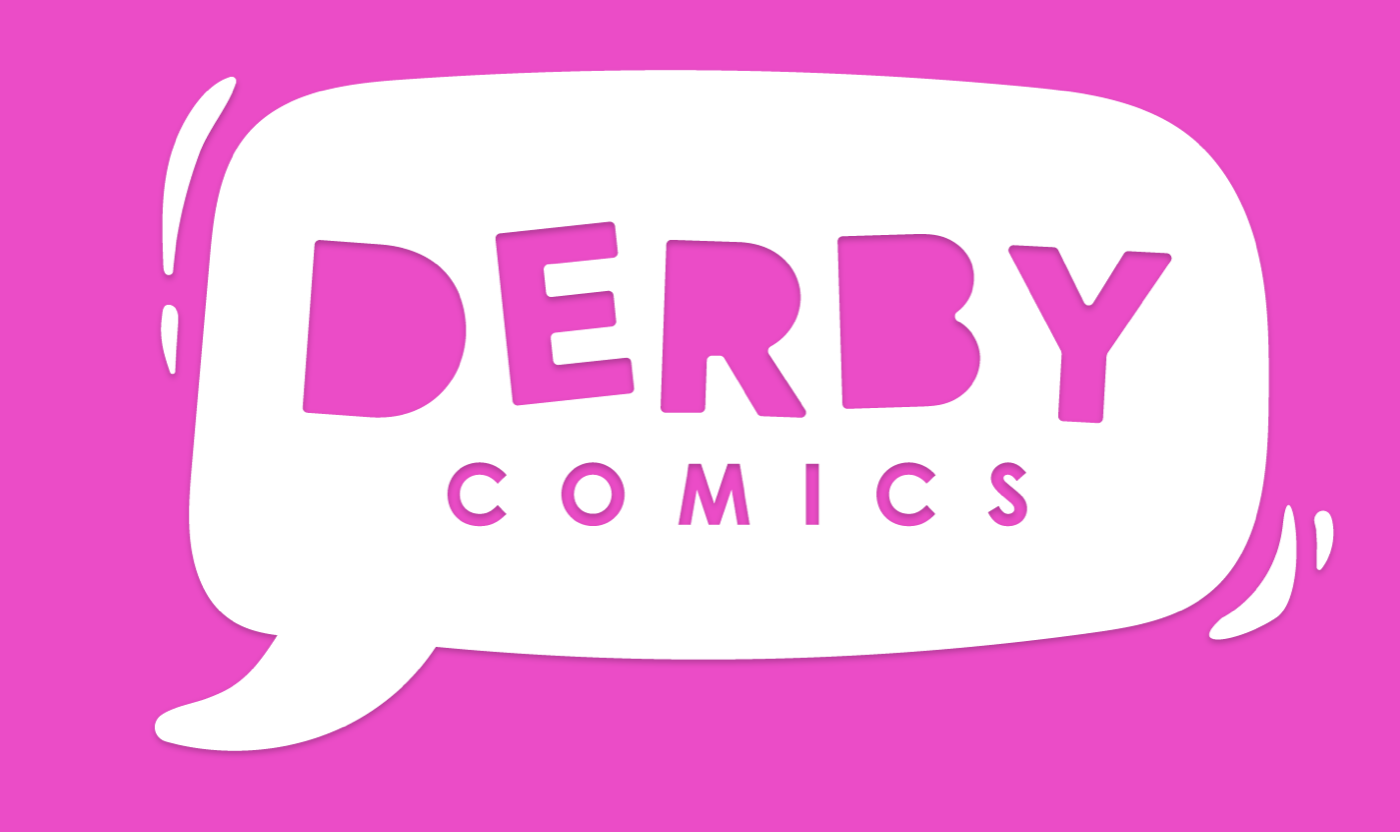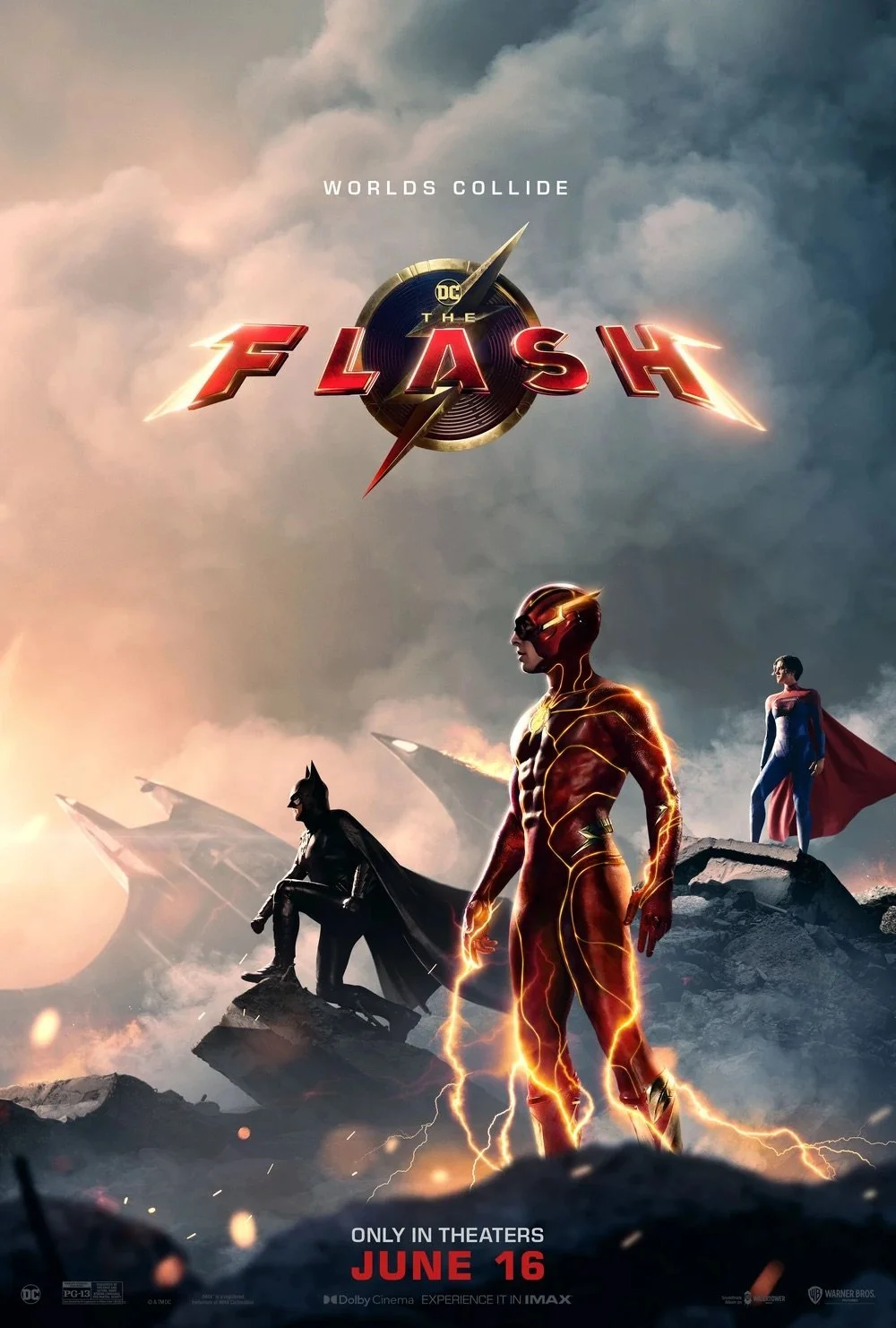Miller & Keaton Shine In Our Flash-Flash Review
Credit: Warner Bros
I went in to my viewing of The Flash last night with a sense of caution. I’m not shy in saying that I’ve always been more of a Marvel fan starting from when I was a young kid. I’ve come to appreciate DC characters more as an adult, yet the latest iteration of DCU movies have never quite landed with me. They’ve always felt just a tad too big, a tad too noisy, and a tad too distant. I won’t get into the specifics in this review, but the news stories surrounding Ezra Miller’s real-life actions also weighed on my mind. As I sat in my theater seat, I wasn’t even sure if I wanted to like this movie. Flash forward to the end of the films 144 minute runtime and I left thinking The Flash was my favorite entry into the current/pre-James Gunn DCU. The Flash succeeded where I least expected — humanizing Barry Allen beyond his superpowers and evolving him beyond the angsty, motormouth, part-time player that the previous DC films introduced.
The Flash is a loose adaptation of the Flashpoint comic book storyline. In the comics, Barry Allen wakes up in an alternate reality where he no longer has his super speed and discovers that the world has drastically changed. As Barry tries to unravel the mystery behind this altered reality, he realizes that his meddling with time travel has caused this devastating ripple effect. He must confront his own guilt and find a way to fix the timeline and restore the world to its original state.
The film leans into Barry’s guilt over his mother’s (played by Maribel Verdú) death and his inability to prove his father’s (played by Ron Livingston) innocence as both the cause of Barry learning he has time travel powers and the motivating factor for his actions once he goes back in time. The care and dedication Ezra Miller took in personifying these emotions leads on-screen Barry to grow as a character before our eyes. There were several moments of raw emotion in the film that feel more poignant than any other DCU scene to date and much of that can be attributed to Miller’s acting.
Once Barry does end up going back in time, we’re introduce to alternate versions of DC superheroes, including a younger version of Barry. This alternate version of Barry portrays the worst aspects of the character — aloof, sarcastic, unappreciative, and annoying. Miller continues to showcase their acting abilities playing two opposite versions of the same character. Our original Barry adopts a mentor role to the alternate Barry, a dynamic which allowed Miller to continue their growth as Barry Allen. It felt like we were witnessing Miller finally “become” Barry Allen throughout the movie, rather than role-playing a character as part of an ensemble cast. We also meet the alternate timeline’s Bruce Wayne/Batman, played by scene-stealer Michael Keaton and Kara Zor-El/Supergirl, played by Sasha Calle.
Credit: Warner Bros.
There was much fanfare of Keaton’s return to the batsuit and the film did not disappoint. There was just enough homage to the Tim Burton Batman era without feeling on the nose and Keaton seemed to be having the time of his life reprising the role. He also provided a sense of gravitas and maturity in the role Bruce Wayne, that helps Barry stay on his own personal growth journey. The relationship between Miller’s Barry Allen and Keaton’s Bruce Wayne felt more authentic than any interaction we’ve seen between Miller and Ben Affleck’s Bruce Wayne. While Keaton played Batman previously, it wasn’t this version of Batman — allowing him to make the character completely new again.
Credit: Warner Bros
The film didn’t give Sasha Calle much to work with as Supergirl, though she embodied the role in a manner befit of a Kryptonian hero. However, through no fault of Calle, the movie decided to use the character as a plot device. The term “fridging” has been discussed in depth across the comic book industry recently, thanks to Marvel’s decision to kill Kamala Khan in Amazing Spider-Man #26 and, while I haven’t seen it discuss much regarding this movie yet, I couldn’t stop thinking that’s what was being done here. In the film’s major battle, Supergirl dies. And dies again. And again. And again and again and again. Her death is used as a motivation by alternate Barry to continue going back in time to find a way to save her and ultimately sets up the film’s final climactic confrontation where the two Barry’s clash over what they should do with their time travel abilities. Could they not have hired a male actor to play Superman or Superboy to be the same plot device? It was a decision to debut Supergirl in the film only to have her die over and over and over again.
Much will be written about the CGI in this film and I won’t belabor the point — i't’s not the best. The time travel/multiverse scenes in particular are cringe-worthy and a distraction from the emotional depth we’re meant to feel. We don’t know what time travel or actually looks like, but I can’t imagine it would evoke carnival haunted funhouse style imagery as it did in this film. The battle scene CGI, particularly anything involving Supergirl, felt amateurish at worst or rushed at best. Bodies moved in ways that wouldn’t make sense to a physics professor and you noticed it.
Overall, the good outweighed the bad in The Flash. When we spent time with our main characters and watched them dealing with heavy topics, the movie was at its best. Every actor injected life into their character with their own flair and connected with the audience. I would definitely go back in time to rewatch it all.
RATING: 6.5/10
The Flash is in theaters now and stars Ezra Miller as Barry Allen / Flash, alongside Michael Keaton, Ben Affleck, Sasha Calle, Kiersey Clemons, Maribel Verdú, Ron Livingston, and Michael Shannon. The film was directed by Andy Muschietti, who was recently announced as director for the upcoming DCU film Batman: Brave and the Bold per Variety.
Credit: Warner Bros.





